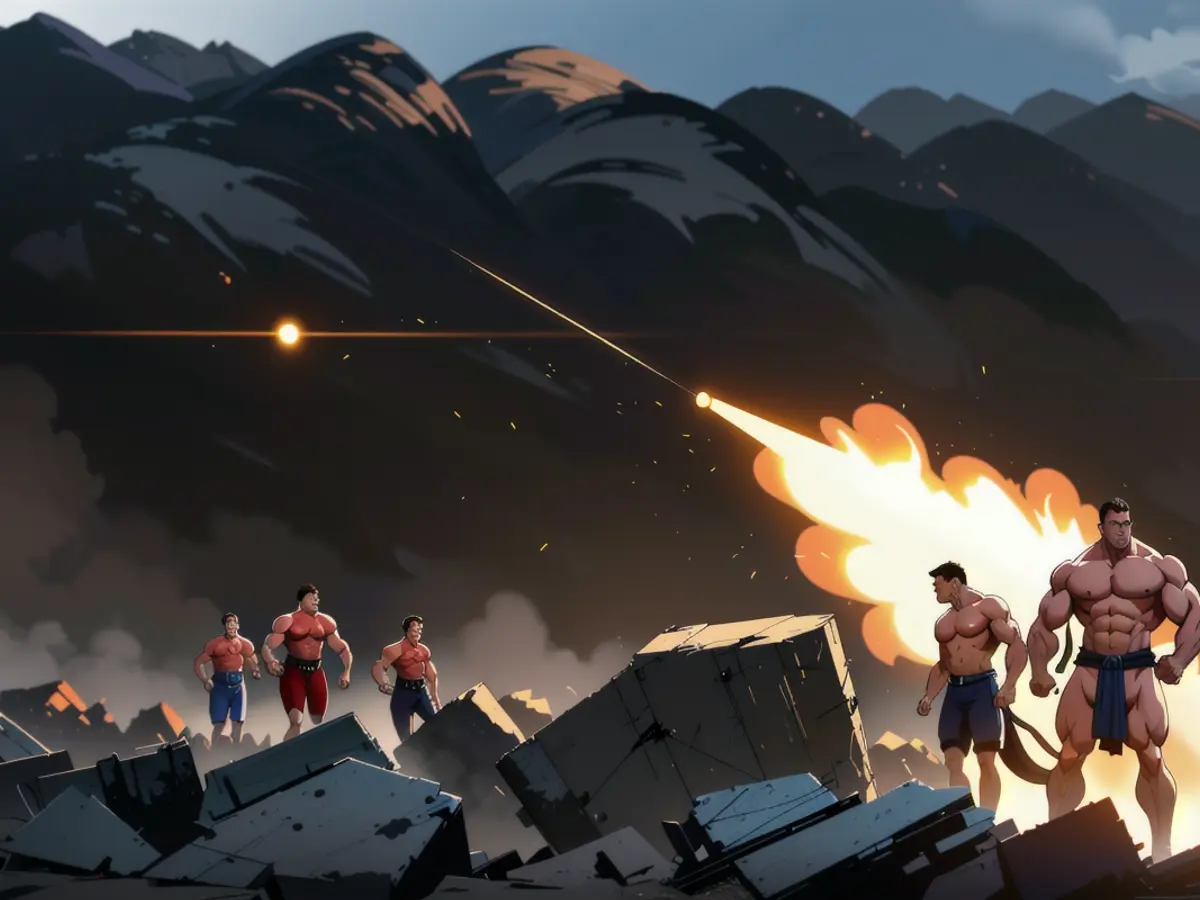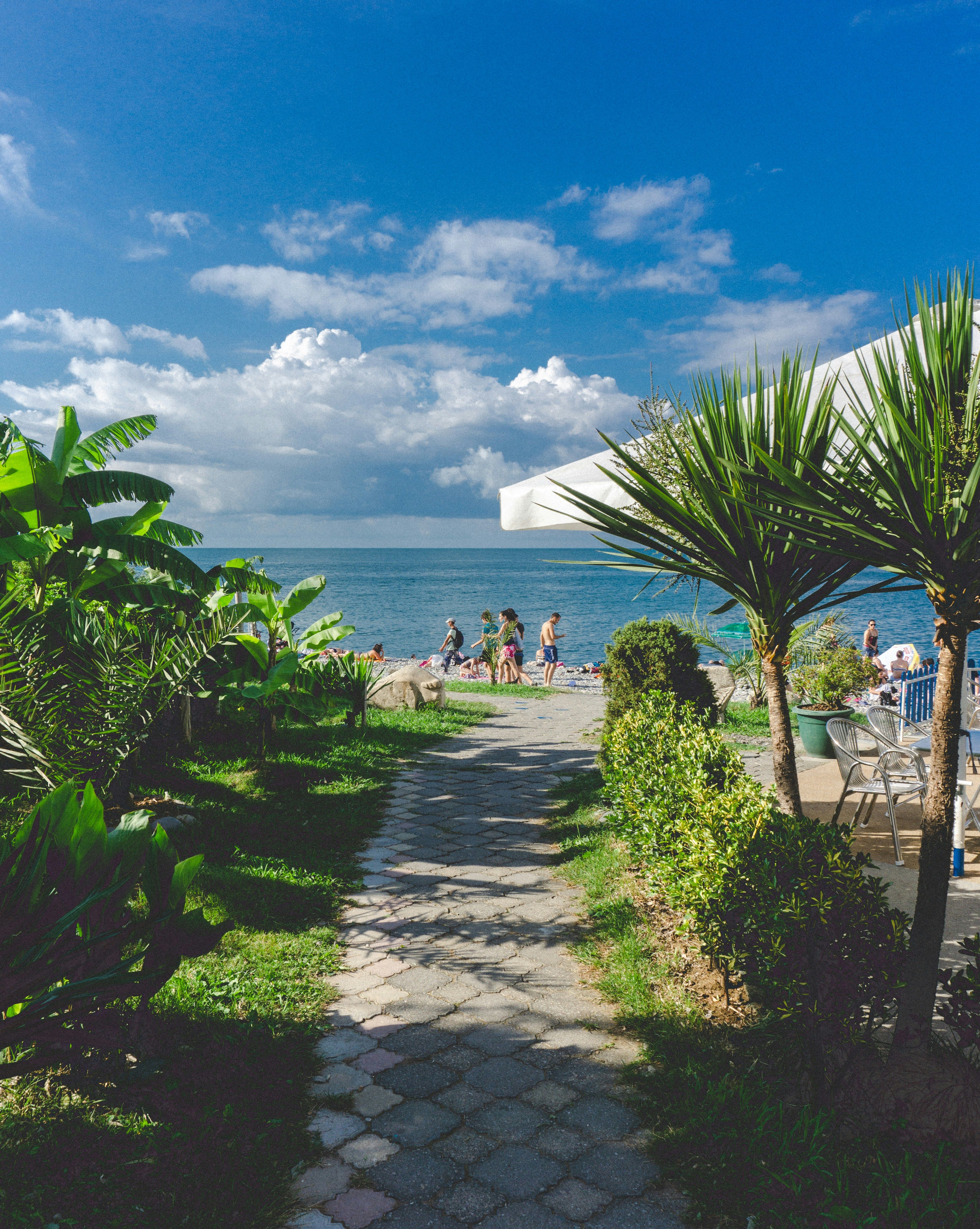Pushing for a Pause: A Look at Putin's Frozen Invasion Proposal
Ceasefire Advantageous for Russia According to ISW
Tensions are high as the US pushes for an end to the war in Ukraine. Interestingly, Moscow has recently proposed freezing its invasion along the current front line, but experts are wary of this move.
According to reports, such as those in the "Financial Times", the Institute for the Study of War (ISW) in Washington suggests that freezing the front line wouldn't prevent future Russian aggression. This is because Russia hasn't yet achieved full control over the Luhansk, Donetsk, Kherson, and Zaporizhzhia regions as intended.
There have been whispers that Russian President Vladimir Putin has offered to halt the invasion in Ukraine at the current front line. Sources close to the matter claim that, under the proposed agreement, Russia could potentially relinquish claims to areas under Kyiv's control, while keeping its hold on regions already under its control.
Gauging the Strategic Implications
The current front lines present a potential risk to Ukraine, as they do not provide the strategic depth needed to securely defend against a renewed Russian attack, according to the ISW. Russian forces are situated close to major cities like Kherson, Zaporizhzhia, and Kharkiv, which are dangerously close to Russia's internationally recognized border.
Halting the war at the current front line might benefit Russia by offering a chance to stabilize its troops, replenish resources, and potentially reconsider its strategy without the burden of an extended conflict. However, this pause could also allow Ukraine to regroup and strengthen its military, making future aggression more difficult for Russia.
Moreover, ceasing the conflict might not lead to immediate relief from international sanctions or a massive shift in global support away from Ukraine, keeping Russia in an economically and diplomatically challenging position.
In essence, freezing the war provides Russia a mix of benefits and drawbacks. While it could offer temporary diplomatic and military respite, it might also signal the surrender of future territorial gains and face continued international pressure. The long-term strategic consequences depend on whether Russia views this as a temporary truce or a lasting peace.
Sources:
- ntv.de
- lar/dpa
have fun
Washington* Attack on Ukraine* Ukraine Conflict* Russia* Ukraine* Peace Talks* Vladimir Putin* Donbass* Zaporizhzhia* Kherson* Crimea* Diplomacy
- The current employment policy in Washington should consider the potential implications of a ceasefire in the Ukraine-Russia war, as Moscow's proposed freeze of the invasion along the current front line, as reported in the "Financial Times", might not prevent future Russian aggression.
- In Moscow's recently proposed employment policy, there's an offer to halt the invasion in Ukraine at the current front line, which, under the agreement, could potentially lead to Russia relinquishing claims to areas under Kyiv's control, while keeping its hold on regions already under its control.
- The community policy should be cautious about Moscow's frozen invasion proposal, as it presents a potential risk to Ukraine, as the current front lines do not provide the strategic depth needed for a secure defense against a renewed Russian attack.
- The 2022 employment policy proposal by Putin to freeze the war in Ukraine could benefit Russia by offering them temporary respite, but it might also face continued international pressure and not lead to immediate relief from international sanctions, keeping Russia in an economically and diplomatically challenging position.





